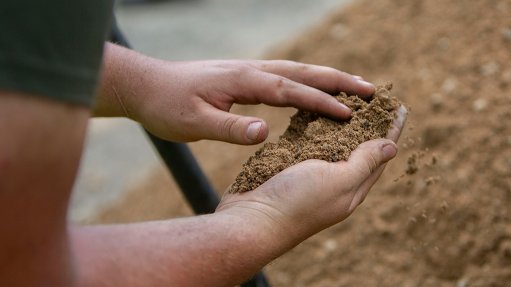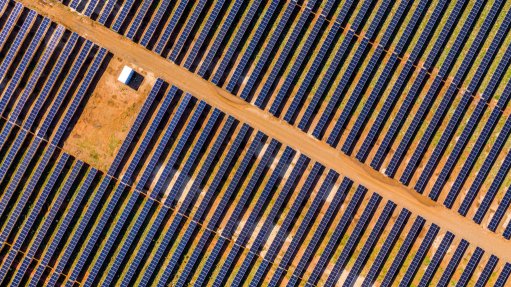Tree-boring beetle could cost South Africa $18.5bn
A tree-boring beetle the size of a sesame seed could cost South Africa $18.5-billion over the next decade as millions of urban trees are expected to die and will have to be removed and fruit, nut and lumber plantations are harmed, researchers estimate.
The polyphagous shot-hole borer, which arrived in South Africa in 2012, has spread into eight of the country’s nine provinces with some infestations more than 1 000 km apart, researchers from Stellenbosch University and the University of Pretoria said in a study released this week.
Growing infestations by the beetle, which has killed trees in outbreaks in Israel and California, could kill 65 million, or about a quarter of South Africa’s urban trees, over the next 10 years, the researchers said. That would result in costs of $17.5-billion, mostly in the form of the expense of removing dead trees. Damage to avocado and lumber plantations would increase the total cost by about another $1-billion.
This is “the largest current outbreak of this invasive pest globally,” the researchers said.
Johannesburg has one of the world’s biggest urban forests, with a canopy of green stretching as far as the eye can see in the north of the city. Other cities such as Cape Town are also heavily wooded.
The female beetle burrows into trees and leaves fungus in the tunnel for her offspring that contains a pathogen that blocks the circulation of the tree. Some trees, planes particularly, become reproductive hosts, or breeding grounds, and the fungus is particularly lethal for the English oaks, Chinese and Japanese maples, and box elders found on the streets of South African cities.
Managing the impact of the infestation “will be no easy task,” the researchers said. “A strategy to protect the standing stock of especially urban trees, but also agricultural and commercial forestry species, against invasion is in the best interests of national-level policy makers, municipalities and citizens.”
Still, there are few options other than restricting the movement of infested wood and quickly removing infected trees, the researchers said. Insecticides and fungicides can be injected directly into infected trees but this is “expensive and time-consuming.”
Article Enquiry
Email Article
Save Article
Feedback
To advertise email advertising@creamermedia.co.za or click here
Press Office
Announcements
What's On
Subscribe to improve your user experience...
Option 1 (equivalent of R125 a month):
Receive a weekly copy of Creamer Media's Engineering News & Mining Weekly magazine
(print copy for those in South Africa and e-magazine for those outside of South Africa)
Receive daily email newsletters
Access to full search results
Access archive of magazine back copies
Access to Projects in Progress
Access to ONE Research Report of your choice in PDF format
Option 2 (equivalent of R375 a month):
All benefits from Option 1
PLUS
Access to Creamer Media's Research Channel Africa for ALL Research Reports, in PDF format, on various industrial and mining sectors
including Electricity; Water; Energy Transition; Hydrogen; Roads, Rail and Ports; Coal; Gold; Platinum; Battery Metals; etc.
Already a subscriber?
Forgotten your password?
Receive weekly copy of Creamer Media's Engineering News & Mining Weekly magazine (print copy for those in South Africa and e-magazine for those outside of South Africa)
➕
Recieve daily email newsletters
➕
Access to full search results
➕
Access archive of magazine back copies
➕
Access to Projects in Progress
➕
Access to ONE Research Report of your choice in PDF format
RESEARCH CHANNEL AFRICA
R4500 (equivalent of R375 a month)
SUBSCRIBEAll benefits from Option 1
➕
Access to Creamer Media's Research Channel Africa for ALL Research Reports on various industrial and mining sectors, in PDF format, including on:
Electricity
➕
Water
➕
Energy Transition
➕
Hydrogen
➕
Roads, Rail and Ports
➕
Coal
➕
Gold
➕
Platinum
➕
Battery Metals
➕
etc.
Receive all benefits from Option 1 or Option 2 delivered to numerous people at your company
➕
Multiple User names and Passwords for simultaneous log-ins
➕
Intranet integration access to all in your organisation


















